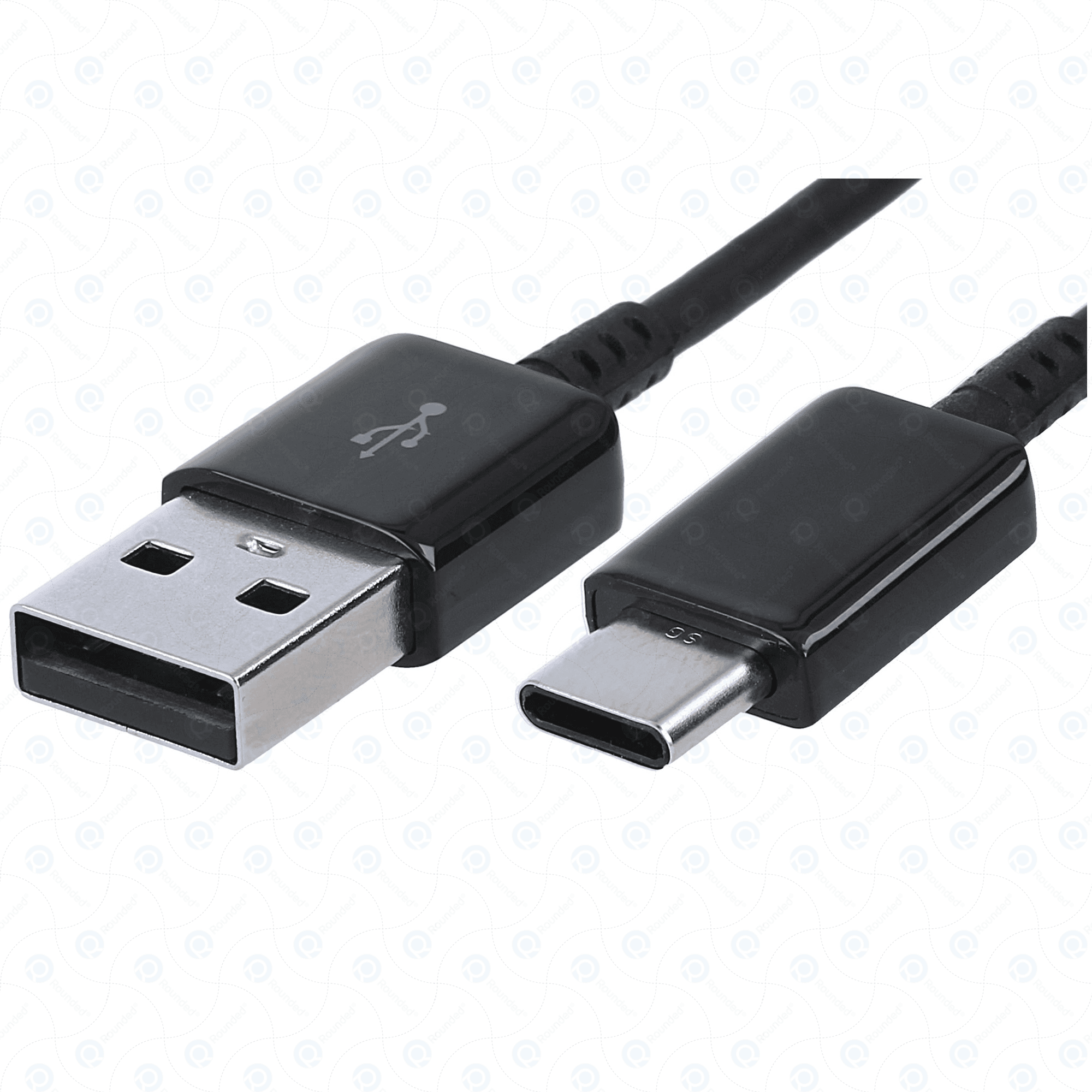In a significant legal development, Apple Inc. has reached a settlement agreement amounting to $95 million in a class-action lawsuit that accused the tech giant of eavesdropping on users through its Siri voice assistant. The lawsuit, which was filed in 2020, claimed that Siri had the capability to activate without user consent, resulting in the unintentional recording of private conversations. This case raised serious concerns about privacy rights and the extent to which technology companies monitor user interactions.
The allegations against Apple stemmed from claims that the Siri voice assistant was not only listening for specific wake words but was also inadvertently capturing audio when users did not intend for it to be activated. The plaintiffs argued that this behavior constituted a violation of privacy rights, as users were not adequately informed about the extent of data collection and the potential for their conversations to be recorded and stored.
As part of the settlement, Apple has agreed to pay $95 million, which will be distributed among affected users. The settlement also includes provisions for Apple to enhance its privacy practices and improve transparency regarding how Siri collects and uses data. This move is seen as an effort by Apple to bolster consumer trust and address growing concerns over privacy in the digital age.
The lawsuit highlighted a broader issue within the technology industry, where many companies face scrutiny over their data collection practices. With the increasing reliance on voice-activated devices, consumers are becoming more aware of the potential risks associated with these technologies. The case against Apple serves as a reminder of the importance of user consent and the need for clear communication about data practices.
In response to the lawsuit, Apple maintained that it takes user privacy seriously and that Siri is designed to minimize data collection. The company stated that it uses on-device processing to limit the amount of information sent to its servers and that users have control over their data. However, the plaintiffs argued that these measures were insufficient and that users were not adequately informed about how their data was being handled.
The settlement is expected to have a significant impact on Apple’s operations and its relationship with consumers. By agreeing to pay a substantial sum, Apple acknowledges the concerns raised by users and the importance of addressing privacy issues head-on. The company has long positioned itself as a leader in privacy protection, and this settlement may serve as an opportunity for Apple to reinforce its commitment to user privacy.
In addition to the financial settlement, Apple is likely to implement changes to its privacy policies and practices in response to the lawsuit. This may include clearer disclosures about how Siri operates, what data is collected, and how users can manage their privacy settings. Such changes could help to rebuild trust with consumers who may have been concerned about the implications of using voice-activated technology.
The case against Apple is not isolated; it reflects a growing trend of legal challenges faced by tech companies regarding privacy and data security. As consumers become more aware of their rights and the potential risks associated with technology, it is expected that more lawsuits will emerge. Companies may need to adapt their practices and policies to meet the evolving expectations of consumers and regulators alike.
The settlement also underscores the importance of user consent in the age of digital technology. As voice assistants and other smart devices become more prevalent in everyday life, it is crucial for companies to ensure that users are fully informed about how their data is being used. This includes providing clear and accessible information about data collection practices and offering users the ability to opt out of certain data-sharing arrangements.
In conclusion, Apple’s decision to settle the Siri eavesdropping lawsuit for $95 million marks a significant step in addressing privacy concerns related to voice-activated technology. The settlement not only provides compensation to affected users but also serves as a catalyst for Apple to enhance its privacy practices and improve transparency. As the technology landscape continues to evolve, the implications of this case will likely resonate throughout the industry, prompting companies to prioritize user privacy and consent in their operations.



